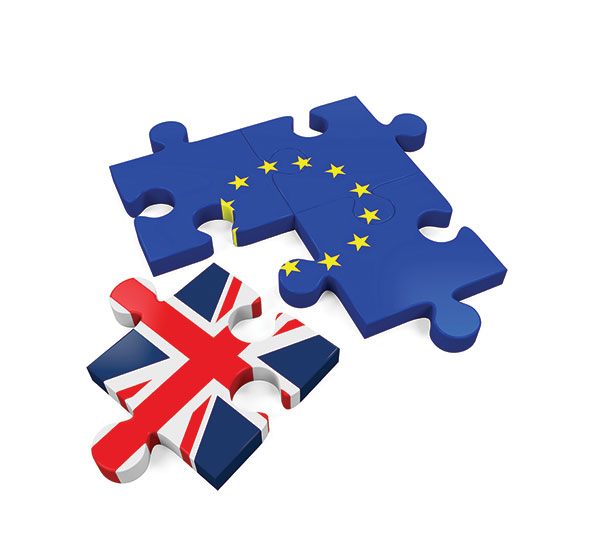Cian Hassett, UK Market, Bord Bia – The Irish Food Board
EU officials have urged caution on the progress of trade talks with the UK even after some officials in London spoke optimistically of a breakthrough in the discussions. With the latest round of negotiations set to wrap up on Friday, Michel Barnier, the EU’s chief Brexit negotiator, is expected to set a high bar before agreeing to enter intensified “submarine” talks of senior officials aimed at embarking on a final push for a deal. In closed-door meetings in Brussels, the EU’s Brexit negotiator has insisted that progress needs to be made in four key areas — fisheries, assurances of a level playing field for business, governance arrangements and justice co-operation.
The UK entered the talks this week tabling new negotiating texts on almost all the outstanding issues including fisheries and the level playing field. In London, there is a growing sense of optimism that outstanding differences can be resolved, with Downing Street saying: “We are continuing to work constructively to seek to reach an agreement with the EU.”
Officials close to Mr Barnier played down the significance of new British texts tabled for this week’s talks, adding they offered nothing new. The trade talks are continuing alongside an escalation in the dispute between the EU and UK over Mr Johnson’s plans to enact legislation overriding parts of last year’s withdrawal agreement.
According to trade publication The Grocer, Tesco are in Brexit incoterms bills dispute with suppliers after telling them it expects suppliers to absorb costs for new Brexit export duties. The Grocer reported that Tesco Ireland are insisting suppliers will have to take responsibility for delivered duty paid (DDP) incoterms when the transition period ends in January, which could hit them with major costs on top of other Brexit-related hikes.
Tesco’s stance emerged as suppliers held talks as part of the Brands for Trade programme, an initiative set up by the British Brands Group to prepare suppliers for the regulatory and customs implications of Brexit. Experts have warned that for businesses used to being in the single market, the costs of new duties and VAT could potentially restrict some companies’ ability to bring food into the UK, with warnings it could even force some into bankruptcy.
A spokesman from Tesco Ireland said that they had been engaging with suppliers to ensure they have the right plans in place for Brexit and that they were committed to working in partnership with its suppliers.
£3bn-a-year tariffs will push up food prices unless Brexit deal reached, according to the British Retail Consortium. The BRC last week said with the clock ticking down to Christmas the increase in tariffs without a deal would leave retailers with “nowhere to go” other than to raise the price of food.
The new tariff schedule, published in May, which will apply from January 1st 2021 if a deal is not agreed, means 85% of foods imported from the EU would face tariffs of more than 5%. The average tariff on food imported from the EU would be over 20%, including 48% on beef mince, 16% on cucumbers, 10% on lettuce, and 57% on cheddar cheese.
Andrew Opie, director of food and sustainability at the BRC, warned that there is a major risk of the £3bn tax bill for food that cannot be sourced in the UK and that unless a zero-tariff deal with the EU was negotiated, the public would face higher prices for their weekly shop. He added that this trade deal would prevent harm to shoppers, retailers and the wider economy.
What’s next – Key Dates:
15th – 16th October: Meeting of the European Council
Nov-Dec: Potential period for ratification of a deal and preparations for implementation OR scaling up of UK readiness to trade on WTO terms.
31st December: Transition period ends and UK reverts to trading on WTO terms if no deal is secured.
1st Jan 2021:
– NI Protocol comes into effect
– Phased UK Border Operating Model comes into effect – detailed record keeping required and declarations/tariffs (can be deferred up to 6 months)
1st Apr 2021: Introduction of SPS controls
1st July 2021: Full customs and SPS border controls in place








